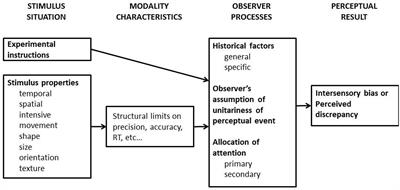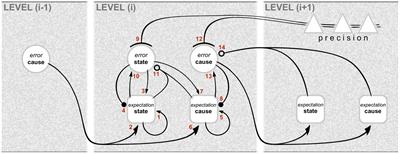EDITORIAL
Published on 22 Sep 2017
Editorial: Theoretical Issues on Sensory Perception—Approaches from Philosophy, Psychology, and Neuroscience
doi 10.3389/fpsyg.2017.01660
- 5,584 views
- 2 citations
13k
Total downloads
73k
Total views and downloads
EDITORIAL
Published on 22 Sep 2017
REVIEW
Published on 31 Mar 2017

REVIEW
Published on 18 Nov 2016

REVIEW
Published on 13 Sep 2016
HYPOTHESIS AND THEORY
Published on 19 Apr 2016

PERSPECTIVE
Published on 30 Jul 2015
